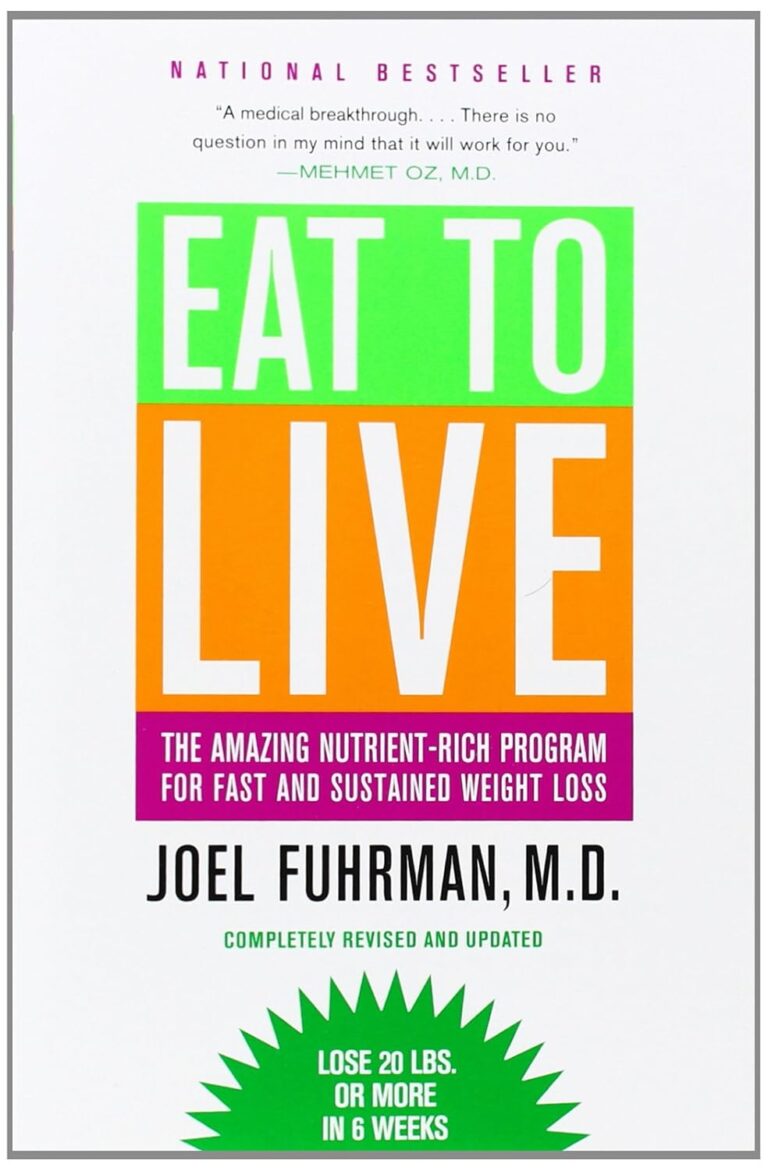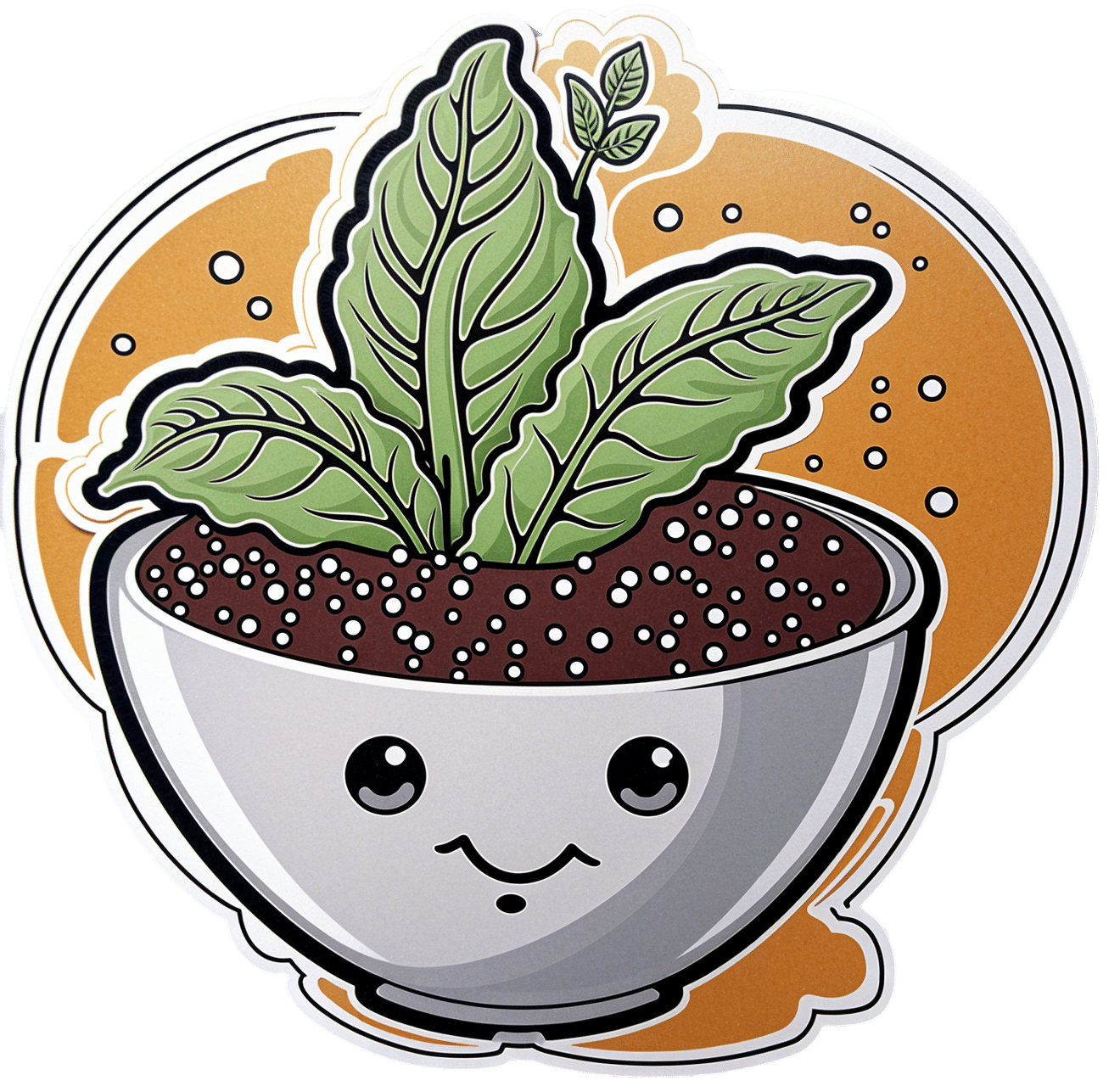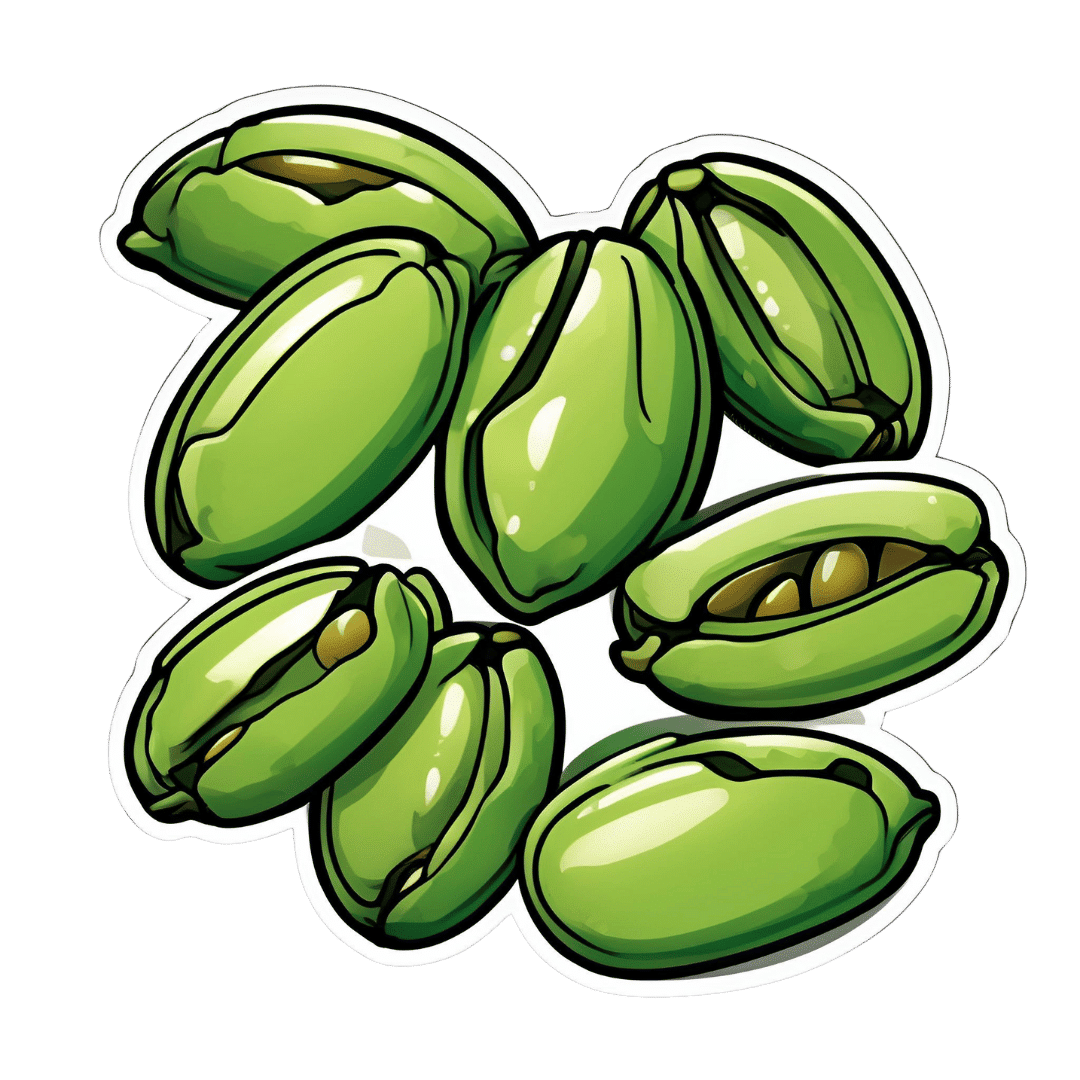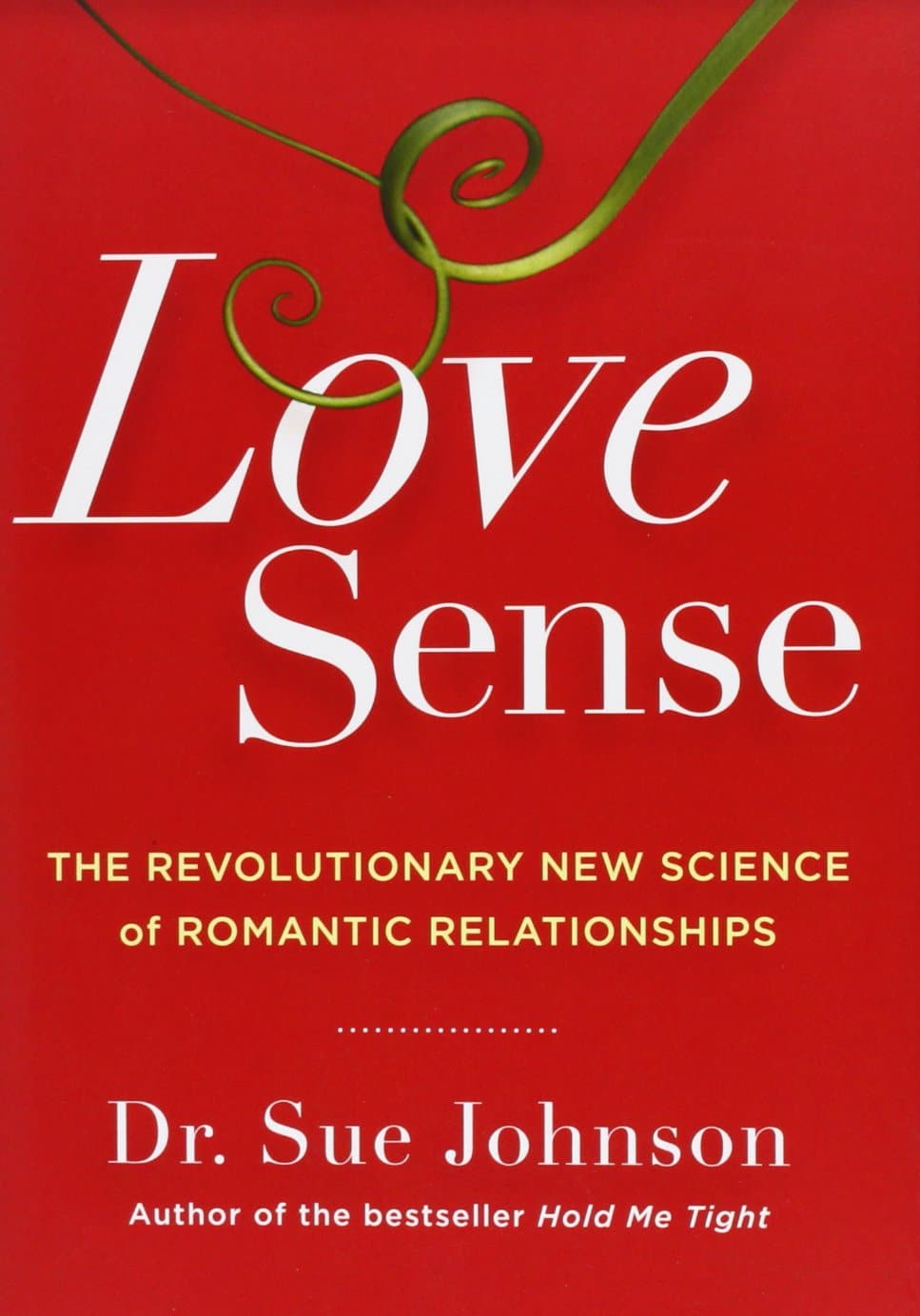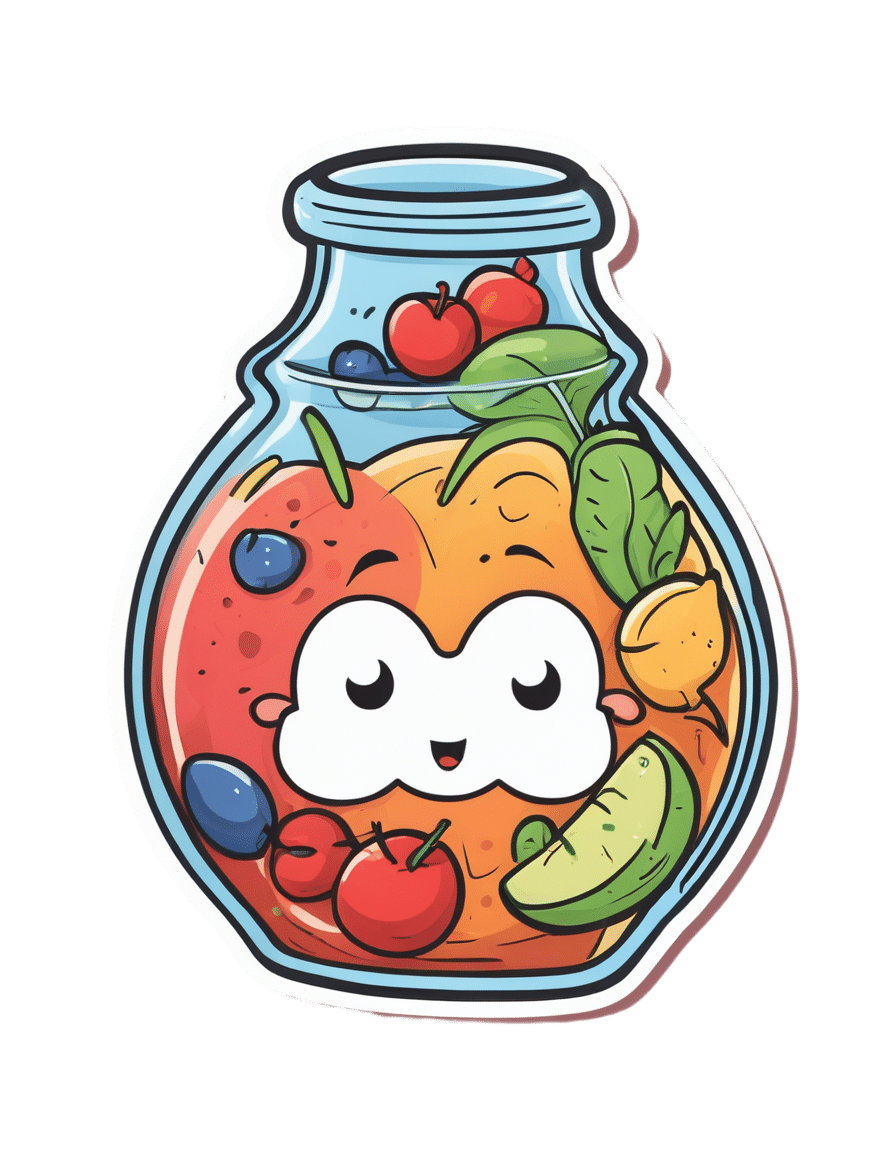
What Your Doctor May Not Tell You About Fibromyalgia – by Dr. R. Paul St Amand
10almonds is reader-supported. We may, at no cost to you, receive a portion of sales if you purchase a product through a link in this article.
The core claim of the book is that guaifenesin, an over-the-counter expectorant (with a good safety profile) usually taken to treat a chesty cough, is absorbed from the gastrointestinal tract, and is rapidly metabolized and excreted into the urine—and on the way, it lowers uric acid levels, which is a big deal for fibromyalgia sufferers.
He goes on to explain how the guaifenesin, by a similar biochemical mechanism, additionally facilitates the removal of other excess secretions that are associated with fibromyalgia.
The science for all this is… Compelling and logical, while not being nearly so well-established yet as his confidence would have us believe.
In other words, he could be completely wrong, because adequate testing has not yet been done. However, he also could be right; scientific knowledge is, by the very reality of scientific method, always a step behind hypothesis and theory (in that order).
Meanwhile, there are certainly many glowing testimonials from fibromyalgia sufferers, saying that this helped a lot.
Bottom line: if you have fibromyalgia and do not mind trying a relatively clinically untested (yet logical and anecdotally successful) protocol to lessen then symptoms (allegedly, to zero), then this book will guide you through that and tell you everything to watch out for.
Don’t Forget…
Did you arrive here from our newsletter? Don’t forget to return to the email to continue learning!
Recommended
Learn to Age Gracefully
Join the 98k+ American women taking control of their health & aging with our 100% free (and fun!) daily emails:
-
The Tiniest Seeds With The Most Value
10almonds is reader-supported. We may, at no cost to you, receive a portion of sales if you purchase a product through a link in this article.
If You’re Not Taking Chia, You’re Missing Out
Last Tuesday, we wrote about nutritional psychiatry, and the benefits of eating for one’s mental health.
You can check out Dr. Uma Naidoo’s to-dos, here:
The 6 Pillars Of Nutritional Psychiatry
In response, one of our subscribers wrote to mention:
❝Really interesting….just put chia seeds in my diet love them……taking the Drs advice.❞
~ Cindy, 10almonds subscriber
And then! On Friday, our tip at the top of the newsletter was:
Not sure how to incorporate chia seeds into your diet? It’s easier to want the benefits of their many brain-healthy (and otherwise-healthy, too) nutrients, than it is to know what to do with them necessarily, and not everyone enjoys seeds as a snack. So…
When you cook rice, throw in a tablespoon of chia seeds too. The cooking process will soften them and they won’t be texturally any different than the rice, but the nutrients will be all there.
They can also be thrown in with lentils, in the same fashion! Or oatmeal, when cooking it or making overnight oats.
We’ll be honest, it was Cindy’s comment that prompted us to suggest it. But wait! There was more to come in response:
❝You had a teaser ..on Chia seed.would of liked a article on the benefits . I’ve just discovered Chia seeds…❞
~ Cindy, 10almonds subscriber
So, Cindy, this one’s for you:
Nutritional powerhouse
First things first, these tiny seeds have a lot of nutrients. There are not many more nutrient-dense foods than this (there’s a kind of seaweed that might be a contender; we’ll have to do some research and get back to you).
Check them out:
USDA Nutritional Factsheet: Chia Seeds
So much protein and healthy fat, so many vitamins and minerals, and so many miscellaneous other micronutrients that we’d be here all day to list them (which is why we linked the above factsheet instead).
Antioxidants in abundance
These deserve a special mention, because they include quercetin which we’ve written about previously:
Fight Inflammation & Protect Your Brain, With Quercetin
…as well as quite a collection of others (including chlorogenic acid and caffeic acid, which may sound alarming but are great for lowering your blood pressure and against inflammation, respectively):
- The effect of chlorogenic acid on blood pressure: a systematic review and meta-analysis of randomized clinical trials
- Synthesis, preliminary bioevaluation and computational analysis of caffeic acid analogues
There are others too, with cardioprotective effects, liver-healthy effects, and anticancer properties:
Nutritional and therapeutic perspectives of Chia (Salvia hispanica L.): a review
Good for the heart and blood
Check it out:
- Chia flour supplementation reduces blood pressure in hypertensive subjects
- Chia seed (Salvia hispanica L.) supplementation to the diet of adults with type 2 diabetes improved systolic blood pressure: A randomized controlled trial
Oh, and about diabetes? There’s more, this time pertaining to reducing after-dinner blood sugars (or “postpranidial glycemia”, in sciencese):
- Reduction in postprandial glucose excursion and prolongation of satiety: possible explanation of the long-term effects of whole grain Salba (Salvia Hispanica L.)
- Effect of whole and ground Salba seeds (Salvia Hispanica L.) on postprandial glycemia in healthy volunteers: a randomized controlled, dose-response trial
Good for the brain
Regular 10almonds readers will know that “what’s good for the blood, is good for the brain” is a very good rule of thumb already, but their highomega-3 content makes them especially so:
What Omega-3 Fatty Acids Really Do For Us
Want some?
We don’t sell them, but you can probably find them in your local supermarket and/or health food store, and if you prefer getting things online, here for your convenience is an example product on Amazon
Enjoy!
Share This Post
-
People with dementia aren’t currently eligible for voluntary assisted dying. Should they be?
10almonds is reader-supported. We may, at no cost to you, receive a portion of sales if you purchase a product through a link in this article.
Dementia is the second leading cause of death for Australians aged over 65. More than 421,000 Australians currently live with dementia and this figure is expected to almost double in the next 30 years.
There is ongoing public discussion about whether dementia should be a qualifying illness under Australian voluntary assisted dying laws. Voluntary assisted dying is now lawful in all six states, but is not available for a person living with dementia.
The Australian Capital Territory has begun debating its voluntary assisted dying bill in parliament but the government has ruled out access for dementia. Its view is that a person should retain decision-making capacity throughout the process. But the bill includes a requirement to revisit the issue in three years.
The Northern Territory is also considering reform and has invited views on access to voluntary assisted dying for dementia.
Several public figures have also entered the debate. Most recently, former Australian Chief Scientist, Ian Chubb, called for the law to be widened to allow access.
Others argue permitting voluntary assisted dying for dementia would present unacceptable risks to this vulnerable group.
Inside Creative House/Shutterstock Australian laws exclude access for dementia
Current Australian voluntary assisted dying laws exclude access for people who seek to qualify because they have dementia.
In New South Wales, the law specifically states this.
In the other states, this occurs through a combination of the eligibility criteria: a person whose dementia is so advanced that they are likely to die within the 12 month timeframe would be highly unlikely to retain the necessary decision-making capacity to request voluntary assisted dying.
This does not mean people who have dementia cannot access voluntary assisted dying if they also have a terminal illness. For example, a person who retains decision-making capacity in the early stages of Alzheimer’s disease with terminal cancer may access voluntary assisted dying.
What happens internationally?
Voluntary assisted dying laws in some other countries allow access for people living with dementia.
One mechanism, used in the Netherlands, is through advance directives or advance requests. This means a person can specify in advance the conditions under which they would want to have voluntary assisted dying when they no longer have decision-making capacity. This approach depends on the person’s family identifying when those conditions have been satisfied, generally in consultation with the person’s doctor.
Another approach to accessing voluntary assisted dying is to allow a person with dementia to choose to access it while they still have capacity. This involves regularly assessing capacity so that just before the person is predicted to lose the ability to make a decision about voluntary assisted dying, they can seek assistance to die. In Canada, this has been referred to as the “ten minutes to midnight” approach.
But these approaches have challenges
International experience reveals these approaches have limitations. For advance directives, it can be difficult to specify the conditions for activating the advance directive accurately. It also requires a family member to initiate this with the doctor. Evidence also shows doctors are reluctant to act on advance directives.
Particularly challenging are scenarios where a person with dementia who requested voluntary assisted dying in an advance directive later appears happy and content, or no longer expresses a desire to access voluntary assisted dying.
What if the person changes their mind? Jokiewalker/Shutterstock Allowing access for people with dementia who retain decision-making capacity also has practical problems. Despite regular assessments, a person may lose capacity in between them, meaning they miss the window before midnight to choose voluntary assisted dying. These capacity assessments can also be very complex.
Also, under this approach, a person is required to make such a decision at an early stage in their illness and may lose years of otherwise enjoyable life.
Some also argue that regardless of the approach taken, allowing access to voluntary assisted dying would involve unacceptable risks to a vulnerable group.
More thought is needed before changing our laws
There is public demand to allow access to voluntary assisted dying for dementia in Australia. The mandatory reviews of voluntary assisted dying legislation present an opportunity to consider such reform. These reviews generally happen after three to five years, and in some states they will occur regularly.
The scope of these reviews can vary and sometimes governments may not wish to consider changes to the legislation. But the Queensland review “must include a review of the eligibility criteria”. And the ACT bill requires the review to consider “advanced care planning”.
Both reviews would require consideration of who is able to access voluntary assisted dying, which opens the door for people living with dementia. This is particularly so for the ACT review, as advance care planning means allowing people to request voluntary assisted dying in the future when they have lost capacity.
The legislation undergoes a mandatory review. Jenny Sturm/Shutterstock This is a complex issue, and more thinking is needed about whether this public desire for voluntary assisted dying for dementia should be implemented. And, if so, how the practice could occur safely, and in a way that is acceptable to the health professionals who will be asked to provide it.
This will require a careful review of existing international models and their practical implementation as well as what would be feasible and appropriate in Australia.
Any future law reform should be evidence-based and draw on the views of people living with dementia, their family caregivers, and the health professionals who would be relied on to support these decisions.
Ben White, Professor of End-of-Life Law and Regulation, Australian Centre for Health Law Research, Queensland University of Technology; Casey Haining, Research Fellow, Australian Centre for Health Law Research, Queensland University of Technology; Lindy Willmott, Professor of Law, Australian Centre for Health Law Research, Queensland University of Technology, Queensland University of Technology, and Rachel Feeney, Postdoctoral research fellow, Queensland University of Technology
This article is republished from The Conversation under a Creative Commons license. Read the original article.
Share This Post
-
Green Coffee Bean Extract: Coffee Benefits Without The Coffee?
10almonds is reader-supported. We may, at no cost to you, receive a portion of sales if you purchase a product through a link in this article.
Coffee is, on balance, very good for the health in moderation. We wrote about it here:
The Bitter Truth About Coffee (or is it?)
Some quick facts before moving on:
- Coffee is the world’s biggest source of antioxidants
- 65% reduced risk of Alzheimer’s for coffee-drinkers
- 67% reduced risk of type 2 diabetes for coffee-drinkers
- 43% reduced risk of liver cancer for coffee-drinkers
- 53% reduced suicide risk for coffee-drinkers
Those are some compelling statistics!
But what about the caffeine content?
Assuming one doesn’t have a caffeine sensitivity, caffeine is also healthy in moderation—but it is easy to accidentally become dependent on it, so it can be good to take a “tolerance break” once in a while, and then reintroduce it with more modest moderation:
Caffeine: Cognitive Enhancer Or Brain-Wrecker?
We also, for that matter, have discussed its impact on the gut:
Coffee & Your Gut ← surprise, it’s a positive impact
What if I don’t like coffee?
We suspect that, having seen the title of this article, you know what the answer’s going to be here:
Green coffee bean extract is the extract from green (i.e. unroasted) coffee beans. It has one or two advantages over drinking coffee:
- For those who do not like drinking coffee, this supplement sidesteps that neatly
- Roasting coffee beans destroys a lot (sometimes almost all; it depends on the temperature and duration) of their chlorogenic acid, a highly beneficial polyphenol; using unroasted (i.e. green) coffee beans avoids that
See: Role of roasting conditions in the level of chlorogenic acid content in coffee beans
All about GCE and CGA
That’s “green coffee extract” and “chlorogenic acid”, respectively, bearing in mind that the latter is found generously in the former.
As to what it does:
❝CGA is an important and biologically active dietary polyphenol, playing several important and therapeutic roles such as antioxidant activity, antibacterial, hepatoprotective, cardioprotective, anti-inflammatory, antipyretic, neuroprotective, anti-obesity, antiviral, anti-microbial, anti-hypertension, free radicals scavenger and a central nervous system (CNS) stimulator. Furthermore, CGA causes hepatoprotective effects.❞
👆 Those are the things we know for sure that it does. And it may do even more things:
❝In addition, it has been found that CGA could modulate lipid metabolism and glucose in both genetically and healthy metabolic related disorders. It is speculated that CGA can perform crucial roles in lipid and glucose metabolism regulation and thus help to treat many disorders such as hepatic steatosis, cardiovascular disease, diabetes, and obesity as well.❞
Read in full: Chlorogenic acid (CGA): A pharmacological review and call for further research
About lipid metabolism…
- Green coffee extract supplementation significantly reduces serum total cholesterol levels.
- Green coffee extract supplementation significantly reduces serum LDL (“bad” cholesterol) levels.
- Increases in HDL (“good” cholesterol) after green coffee bean extract consumption are significant in green coffee bean extract dosages ≥400mg/day.
About blood glucose and insulin…
- Green coffee extract supplementation significantly improved fasting blood sugar levels
- Green coffee extract supplementation at ≥400 mg/day significantly lowered postprandial insulin levels (that’s good)
Want to try some?
We don’t sell it, but here for your convenience is an example product on Amazon 😎
Enjoy!
Share This Post
Related Posts
-
Oranges vs Lemons – Which is Healthier?
10almonds is reader-supported. We may, at no cost to you, receive a portion of sales if you purchase a product through a link in this article.
Our Verdict
When comparing oranges to lemons, we picked the oranges.
Why?
In the battle of these popular citrus fruits, there is a clear winner on the nutritional front.
Things were initially promising for lemons when looking at the macros—lemons have a little more fiber while oranges are slightly higher in carbs, but the differences are small and both are very healthy in this regard.
However, alas for this writer who prefers sour fruits to sweet ones (I’m sweet enough already), the micronutrient profiles tell a different story:
In terms of vitamins, oranges have more of vitamins A, B1, B2, B3, B5, B9, E, and choline. In contrast, lemons have a (very) little more vitamin B6. You might be wondering about vitamin C, since both fruits are famous for that—they’re equal on vitamin C. But, with that stack we listed above, oranges clearly win the vitamin category easily.
As for minerals, oranges boast more calcium, copper, magnesium, potassium, selenium, and zinc, while lemons have more iron, manganese, and phosphorus.
Technically lemons also have more sodium, but the numbers are truly miniscule (by coincidence, we discover upon grabbing a calculator, you’d need to eat approximately your own bodyweight in whole lemons to get to the RDA of sodium—and that’s to reach the RDA, not the upper healthy limit) so we’ll overlook the tiny sodium difference as irrelevant. Which means, while closer than the vitamins category, oranges win on minerals with a 6:3 lead over lemons.
Both fruits offer generous helpings of flavonoids and other polyphenols such as naringenin and hesperidin, which have anti-inflammatory properties and more specifically can also reduce allergy symptoms (unless, of course, you are allergic to citrus fruits, which is a relatively rare but extant allergy).
In short: as ever, enjoy both; diversity is great for the health. But if you want to maximize the nutrients you get, it’s oranges.
Want to learn more?
You might like to read:
Lemons vs Limes – Which is Healthier?
Take care!
Don’t Forget…
Did you arrive here from our newsletter? Don’t forget to return to the email to continue learning!
Learn to Age Gracefully
Join the 98k+ American women taking control of their health & aging with our 100% free (and fun!) daily emails:
-
Love Sense – by Dr. Sue Johnson
10almonds is reader-supported. We may, at no cost to you, receive a portion of sales if you purchase a product through a link in this article.
Let’s quickly fact-check the subtitle:
- Is it revolutionary? It has a small element of controversy, but mostly no
- Is it new? No, it is based on science from the 70s that was expanded in the 80s and 90s and has been, at most, tweaked a little since.
- Is it science? Yes! It is so much science. This book comes with about a thousand references to scientific studies.
What’s the controversy, you ask? Dr. Johnson asserts, based on our (as a species) oxytocin responsiveness, that we are biologically hardwired for monogamy. This is in contrast to the prevailing scientific consensus that we are not.
Aside from that, though, the book is everything you could expect from an expert on attachment theory with more than 35 years of peer-reviewed clinical research, often specifically for Emotionally Focused Therapy (EFT), which is her thing.
The writing style is similar to that of her famous “Hold Me Tight: Seven Conversations For A Lifetime Of Love”, a very good book that we reviewed previously. It can be a little repetitive at times in its ideas, but this is largely because she revisits some of the same questions from many angles, with appropriate research to back up her advice.
Bottom line: if you are the sort of person who cares to keep working to improve your romantic relationship (no matter whether it is bad or acceptable or great right now), this book will arm you with a lot of deep science that can be applied reliably with good effect.
Don’t Forget…
Did you arrive here from our newsletter? Don’t forget to return to the email to continue learning!
Learn to Age Gracefully
Join the 98k+ American women taking control of their health & aging with our 100% free (and fun!) daily emails:
-
Revive and Maintain Metabolism
10almonds is reader-supported. We may, at no cost to you, receive a portion of sales if you purchase a product through a link in this article.
It’s Q&A Day at 10almonds!
Have a question or a request? You can always hit “reply” to any of our emails, or use the feedback widget at the bottom!
In cases where we’ve already covered something, we might link to what we wrote before, but will always be happy to revisit any of our topics again in the future too—there’s always more to say!
As ever: if the question/request can be answered briefly, we’ll do it here in our Q&A Thursday edition. If not, we’ll make a main feature of it shortly afterwards!
So, no question/request too big or small
❝How to jump start a inactive metabolism and keep it going? THANKYOU❞
The good news is, if you’re alive, your metabolism is active (it never stops!). So, it may just need perking up a little.
As for keeping it going, well, that’s what we’re here for! We’re all in favor of healthy longevity.
We’ll do a main feature soon on what we can do to influence our metabolism in either direction, but to give some quick notes here:
- A lot of our metabolism is influenced by genes and is unalterable (without modifying our genes, anyway)
- Metabolism isn’t just one thing—it’s many. And sometimes, parts of our metabolism can be much quicker or slower than others.
- When people talk about wanting a “faster metabolism”, they’re usually referring to fat-burning, and that’s just a small part of the picture, but we understand that it’s a focal point for many.
There really is enough material for a whole main feature on metabolic tweaks, though, so watch this space!
Don’t Forget…
Did you arrive here from our newsletter? Don’t forget to return to the email to continue learning!
Learn to Age Gracefully
Join the 98k+ American women taking control of their health & aging with our 100% free (and fun!) daily emails:

